IRVING Lab
Our focus
Our main research interest is the development of tumor-directed TCR- and CAR-T cells that are programmed to logically respond to microenvironmental cues or/and small molecule administration to achieve maximized function, fitness and safety. Strategies to enforce TCR chain pairing as well as remotely control CAR function with small molecules are also under development. We have optimized retroviral, lentiviral and CRISPR-Cas9 based tools and methodologies, as well as T-cell expansion conditions, allowing efficient evaluation of next-generation T cells in the context of both syngeneic and xenograft tumor models.
Our projects
- We have developed a dual inverted lentiviral vector and virus production protocol enabling efficient constitutive expression of a TCR or CAR and inducible expression of gene-cargo of interest (DOI: https://doi.org/10.1038/s41551-023-01013-5). We are currently working to optimize retroviral vectors as well as CRISPR-Cas9 engineering of T cells.
- We have optimized retroviral transduction and expansion conditions for mouse CAR T cells for cancer immunotherapy (DOI: 10.1084/jem. 20192203). In our study, we also demonstrated the beneficial impact of IL-15 coengineering on the CAR T cells themselves and on the tumor immune microenvironment. We are now using these tools to evaluate next generation CAR designs against syngeneic solid tumors in the context of a fully competent immune system.
- In collaboration with Pr Olivier Michielin and Dr Michel Cuendet, and Pr Vincent Zoete we are comparing the efficacy of computationally designed TCRs (DOI: 10.1074/jbc. M112.357673) and of kinase-based safety switches for improved tumor control and safety. We have previously demonstrated significantly improved tumor control by T cells gene-modified to express binding-enhanced TCRs but that there is an ‘affinity threshold’ beyond which effector function is abrogated.
- In collaboration with Pr Bruno Correia (EPFL, the Swiss Federal Institute of Technology in Lausanne), we have developed a novel STOP-CAR that can be remotely controlled by administration of a small molecule (DOI: 10.1038/s41587-019-0403-9). We are currently evaluating additional STOP-switch designs as well as a novel ON-switch responsive to clinically approved molecules.
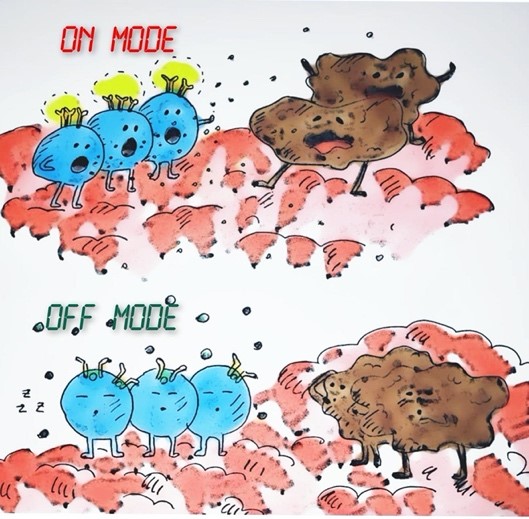
Meet all the Irving Group members & alumni.
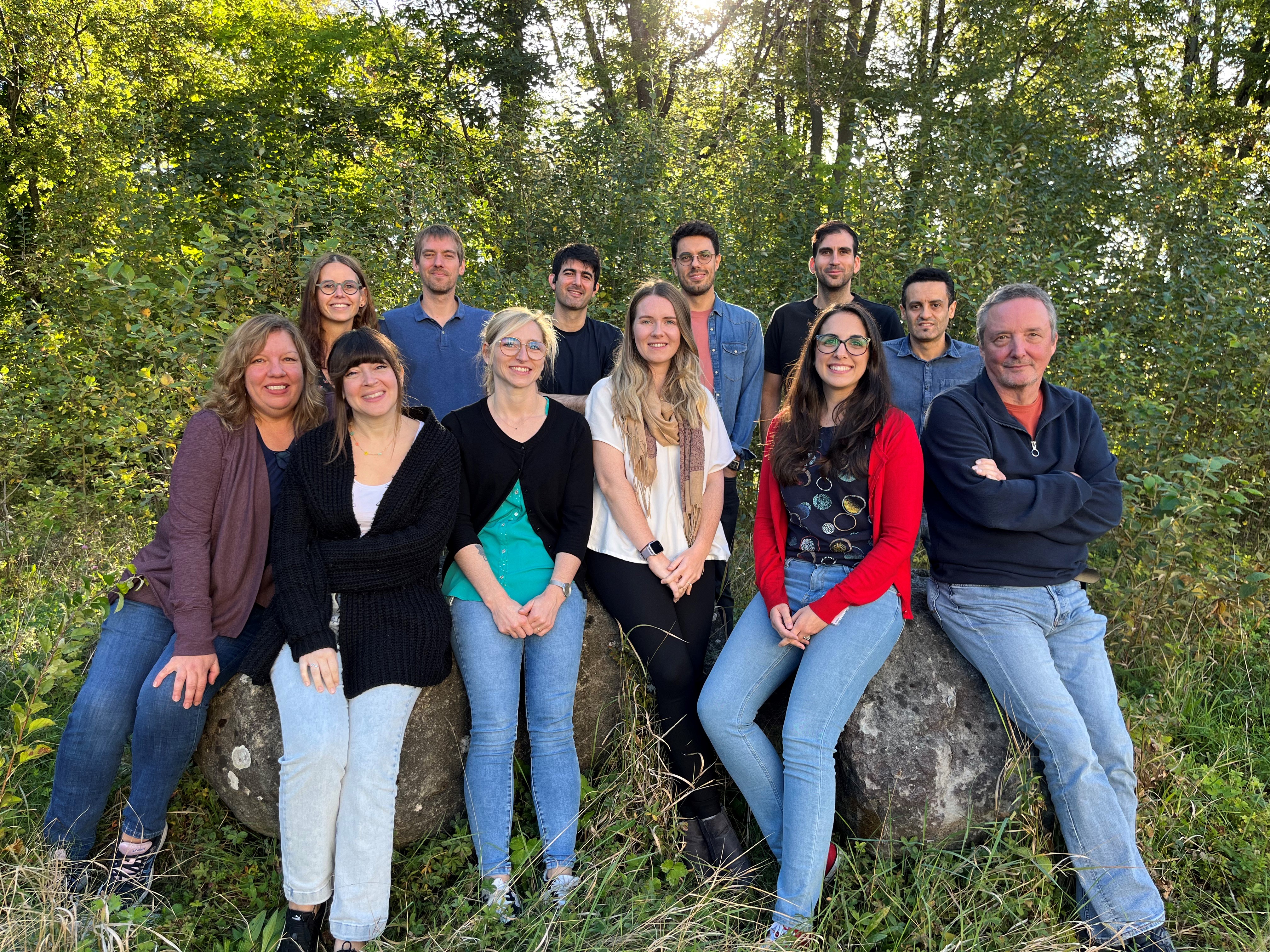
|
Affiliations |
|
| Links |
|
Fundings |
“Engineering function and safety into orphan TCR-T cells for personalized cancer immunotherapy” |
Awards |
|

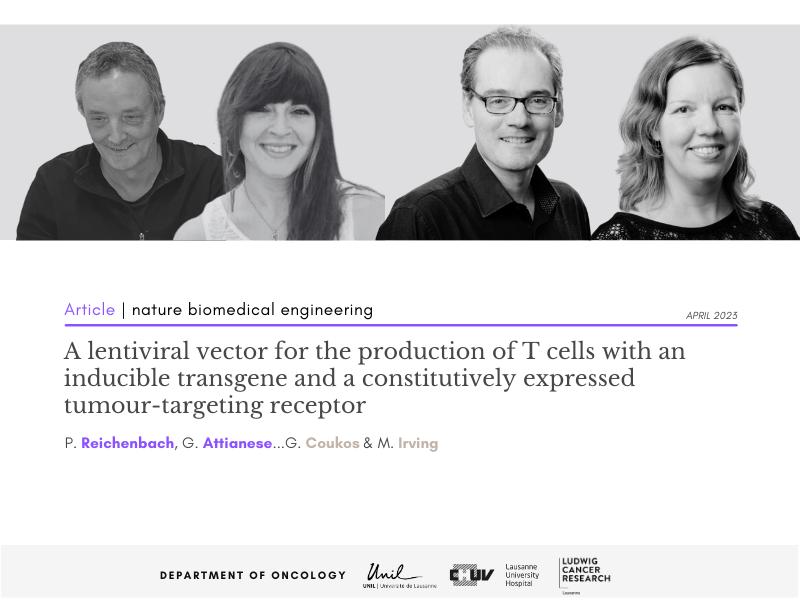
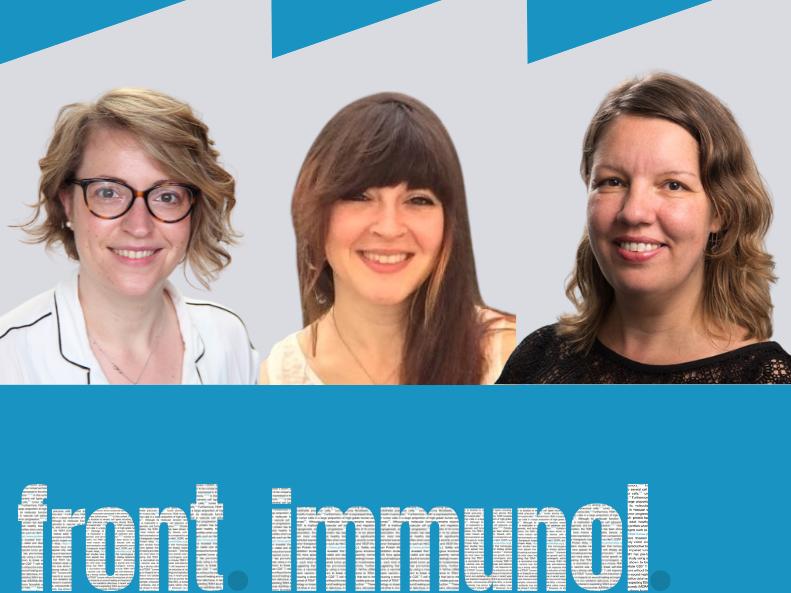

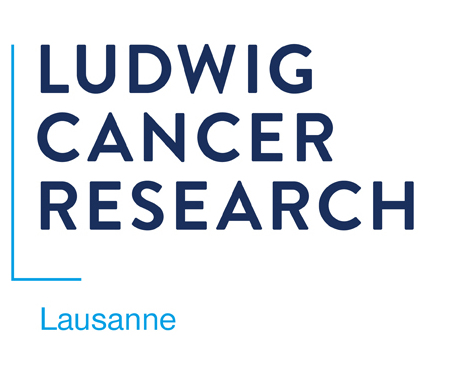

.png)


